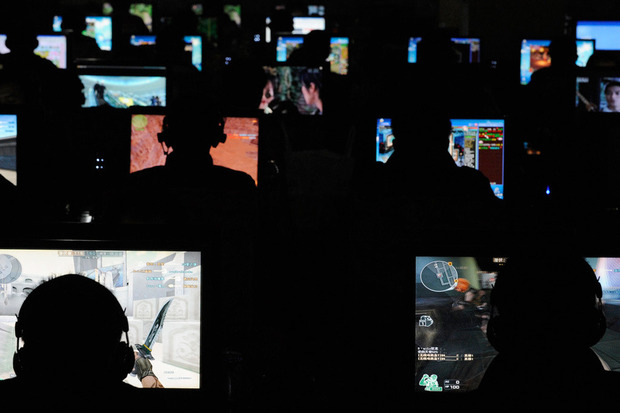Do we really need the Internet?
One FCC commissioner appears to think that we don’t, but perhaps he doesn’t understand the question
On June 25, 2015, FCC Commissioner Michael O’Rielly caused a bit of a kerfuffle with his remarks to the Internet Innovation Alliance. The speech was titled “What is the Appropriate Role for Regulators in an Expanding Broadband Economy?” It contained five key points that every regulator in every country should adhere to when considering legislation or regulation regarding the Internet:
- The Internet cannot be stopped
- Understand how the Internet economy works
- Follow the law; don’t make it up
- Internet access is not a necessity or basic human right
- The benefits of regulation must outweigh the burdens
The first three points are useful, even obvious. I suppose we can’t assume the officials charged with regulating the Internet would think that it could or should be stopped, though the deficiencies of certain legislators and regulators never fail to disappoint.
As for the second point, I agree that regulators might need to understand the Internet economy in order to determine the best way to handle potentially sticky regulatory questions. But truly, who can understand an economy where a single mobile app built by a company with 50 employees can be sold for more money than the GDP of Iceland, Barbados, and 43 other countries? O’Rielly’s statements there are understandable and mostly laudable, including the following:
It’s important to understand the interaction between funding, revenues, advertising, data usage, jobs, and growth before rushing in to experiment with new regulatory schemes or impose old rules on the Internet economy.
That makes sense to me, as does the third point regarding following the law and not making it up. O’Rielly’s insight here is particularly interesting, because this statement is a double-edged sword. He states:
I realize that most operating and related statutes may not speak to or provide extensive authority on Internet-related activities. And that is not without design. Having worked for Congress as a staffer over the last many years, I can say without equivocation that this is intentional. More specifically, Congress did not and does not want Federal regulators to take action on Internet-related issues in most circumstances. That is its prerogative, and it is not our role to challenge this position by doing end-runs around the statute or using convoluted statutory interpretations to usurp their Constitutional functions. Either have the will to seek changes in Congress or accept this fate.
It is generally best that existing law be referenced and used whenever possible, but the endless technological march he calls out in his first point will make that ever more challenging. I find it disconcerting that he fully supports Congress as taking the leading role in Internet management and regulation, however. A benevolent Congress can perhaps pull it off, but not the dyslexic and despised legislative body we currently enjoy. Remember, this is the same U.S. Congress that still believes climate change is a hoax, disbanding the Office of Technology Assessment 20 years ago in order to not have to listen to those pesky scientists.
But it’s the fourth point that rankled readers. I think the problem here is the commingling of the words “necessity” and “basic human right.” Those two statements are not necessarily synonyms. Do we need the Internet like we need air, water, food, and shelter? No, of course not. Assuming that we have those four elements, do we need the Internet to exist and thrive in the United States of America? Yes, we do.
The Internet plays a prominent role in all of our lives today, even those of us who do not access the Internet directly. Our livelihoods depend on it. Whether that’s in the form of a payment processor that receives payroll instructions via a portal and cuts a check, a pharmacy that fills a prescription via a central database connected via the Internet, a support tech that connects to the corporate help desk from home, or the fact that more and more companies are only accepting job applications and resumes online, the Internet is entwined in everyone’s lives now, in a million different ways.
The Internet is not limited to last-mile connections. It’s not the shenanigans that mobile carriers are playing with data plans and throttling. It’s not the back-and-forth jousting of the big ISPs trying to get a nickel from every bit they pass, coming and going, and threatening to shut out companies that refuse to tithe. It’s not memes and cat pictures — it’s now everything. And as stated in point No. 1, it cannot be stopped.
So yes, commissioner, the Internet is a necessity, and it must remain as neutral as possible in order to serve its necessary purpose. Unless you want to violate your fifth point by attempting to reverse your first, you cannot have it any other way.
By: Paul Venezia
Read more: http://www.infoworld.com/article/2943319/internet/do-we-really-need-the-internet.html
0


